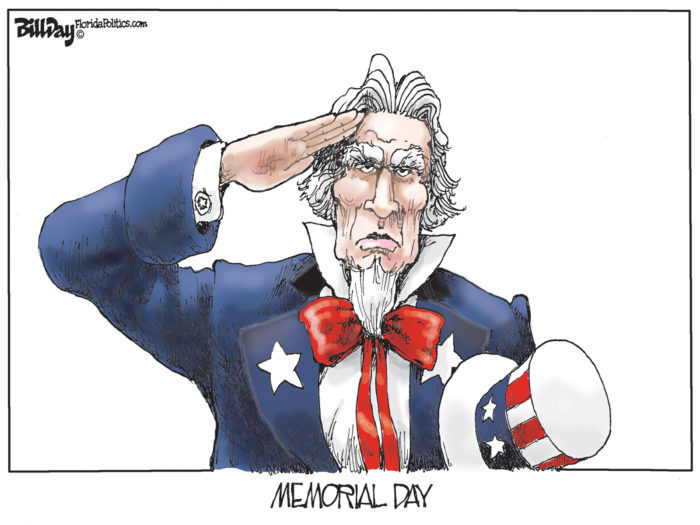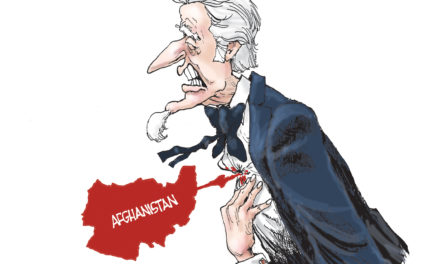Ok, we admit that downtown panhandling is a hot button issue for us, so we were doing our best to support the latest anti-panhandling campaign rolled out by Memphis Police Department, Center City Commission and others.
Our patience was short-lived. Last week, leaving Calvary Episcopal Church’s Lenten Preaching Services, uplifted after hearing Temple Israel’s Senior Rabbi Micah Greenstein, we were approached by a panhandler who seemed to spring from behind the church door as we were leaving.
“Can you give me some money to help me out?” he implored, and patiently, we mentally pulled up the information on the Center City Commission website about panhandling and told the scruffy, fragrant fellow that Calvary Episcopal had programs that could help him.
“No, I don’t want to go there, because they won’t help me,” he answered with an obvious lie. We continued to tell him about Calvary’s programs and about Union Missing, but he persisted. We walked two blocks with him in tow, and as if someone had hit his “repeat” button, over and over, he asked for money.
But, we were resolute, and we refused, and finally we escaped by climbing into the car. It was no deterrent, because he stood in front so we couldn’t pull out, tapping on the rear view window as he continued to ask for money.
Finally, we escaped, promising ourselves to keep things in perspective while wondering aloud where the police are when these every day occurrences in downtown Memphis take place.
Three days later, I pull into the Exxon gas station at Poplar Avenue and Danny Thomas Boulevard against my better judgment. I quit going there years ago, because of the ever-present panhandling, but my car’s on empty and I have no choice.
I’m barely out of my car when accosted by a burly man in a bulky coat. “I need some money for dinner,” he says, extending his hand.
“I’d be glad to buy you dinner inside,” I answer. “What can I get you?”
“I need some money,” he intones, as if I never made the offer.
“I heard you, and I’ll gladly buy you dinner if you tell me what you want,” I responded. This time, his hand pokes me in the side, as he says yet again, “I need some money for something to eat.”
Finally, after three more stanzas of this song, his frustration grew so much that he stomps off, uttering some comment that seemed to involve my mother and me and an Oedipal urge that I can promise you does not exist. Finally, my gas tank full, I go inside to pay, where a uniformed policeman is chatting up the clerk.
All in all, it reenforces the feeling that the entire anti-panhandling campaign is a “blame the victim” program destined for failure because of MPD’s lack of interest. Panhandlers have plied their trade with such impunity that they feel invincible. They’ll even hassle tourists with policemen in sight.
The price of such indifference is steep. It produces a downtown made inhospitable to residents, workers and tourists who can never escape from the incessant threat of panhandling. And soon, it will get worse as the numbers swell, the regular summer resident moves into Barboro Alley where he’ll live in a sealed up window of the Butcher Shop, others will party under the windows of downtown lofts and the smell of urination will blend with the smells of the barbecue festival.
We’re trying to be philosophical this year, but it’s just so hard. This problem just seems to go on year after year, anti-panhandling campaign after anti-panhandling campaign.
Even the new program’s marketing seems conflicted. On one hand, the Center City Commission’s website rightly points out that most panhandlers are not homeless. “In fact, the vast majority of panhandlers are NOT homeless, and the vast majority of homeless do NOT panhandle,” the CCC says. “Generally speaking, panhandlers are strangers that approach you on the street to hustle you for money, which will most likely be used to buy drugs or alcohol.”
And yet, the posters taped in downtown windows implore us to “say yes to charities that help the homeless and the needy.” We agree that we will indeed say yes, but that seems to still leave us to deal with the panhandlers.
The FAQs on the Center City Commission website clarifies the behavior that is illegal. It is when profanity or abusive language is used to ask for money or in response to a refusal for money; it is illegal when done in a group of two or more people; it is illegal when it is perceived as a threat; it is illegal when done in a way that is intimidating or obstructs walkers or cars; it is illegal to assault someone or touch them while begging; and it is illegal to use false or misleading solicitations.
That’s helpful information, and we’ll keep it in mind as we begin the Summer games with Memphis’ regular panhandler population. We just hope someone shares this information with MPD and that it does something to send the message that this year is going to be different.
To repeat, this is not about the homeless. Less than five percent of homeless beg, according to research. While we launch another program, the Nashville police chief continues to make the battle against panhandling a priority for his force.
Cincinnati conducts a quarterly census, passes laws against panhandling and removes camp sites. Other cities actively addressing this public nuisance include Little Rock, Atlanta, Austin, Orlando, Los Angeles, Washington, Miami Beach and Las Vegas. Atlanta Mayor Shirley Franklin led passage of a city ordinance that bans panhandling within the tourist triangle of her city, including the Martin Luther King Jr. Historic site.
The key to those cities’ success has been the buy-in by police departments which enforce the law. In truth, it’s a problem that we ought to be able to solve. The hard-core panhandlers downtown probably number about 100 people on the worst day. It just seems like more.
As for us, we’ll do whatever we can to help the homeless, but we would settle to get the panhandlers off the street.





